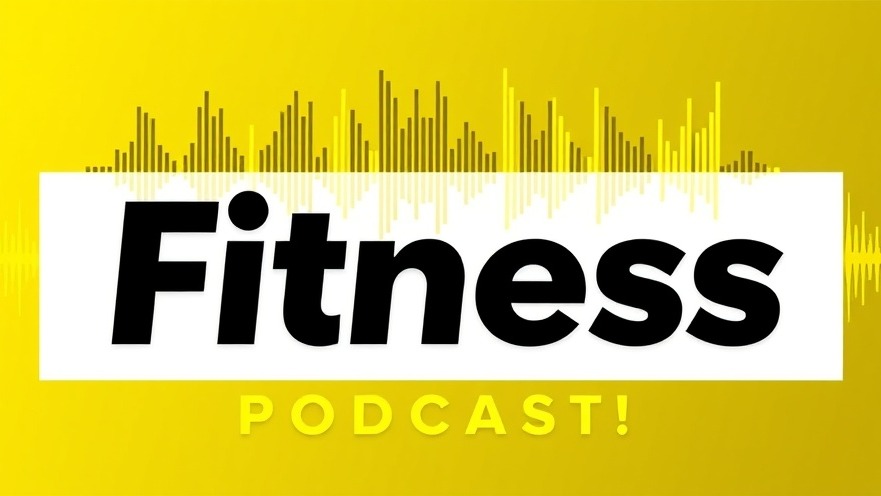
Understanding the Carbohydrate Connection
In the quest for improved muscle growth, the role of carbohydrates often sparks lively debate among fitness enthusiasts. The crucial question many ask is, 'How many carbs do you really need to grow muscle?' Carbohydrates serve as a primary fuel source for our bodies, especially during intense workouts. When we're pushing ourselves at the gym, our muscles rely on glycogen stores, which are primarily sourced from carbohydrates. This video, How Many Carbs Do You Really Need to Grow Muscle?, touches on these insights, particularly emphasizing how tailoring carbohydrate intake can significantly impact muscle gains.
In How Many Carbs Do You Really Need to Grow Muscle?, the topic of carbohydrate intake for muscle growth is explored, leading us to investigate its deeper implications.
The Importance of Personalized Nutrition
However, it’s not just about counting carbs; it’s about understanding your body’s unique needs. Personalization in nutrition is vital. Each individual has different requirements based on their body type, metabolism, and activity level. This concept resonates with those in our community who engage in fitness-related endeavors. For instance, a local gym coach recently reported that adjusting carbohydrate intake based on the types of exercises – strength training vs. endurance – can lead to impressive changes in performance and muscle development.
The Science Behind Muscle Growth
Digging deeper, research has shown that carbohydrates replenish glycogen stores used during exercise, enhancing recovery and improving overall performance. Some studies suggest that individuals aiming for muscle hypertrophy should consume about 3-7 grams of carbohydrates per kilogram of body weight, depending on their workout intensity and duration. Such guidelines give aspiring athletes a better framework for their nutrition plans, especially as they navigate their fitness journeys.
Real-Life Examples of Carbohydrate Goals
Consider Sarah, a community member who recently transformed her approach to nutrition. After learning how vital carbs are in muscle growth, she implemented a diet rich in whole grains, fruits, and vegetables, balancing her intake with protein. Sarah experienced not only physical transformation but a boosted energy level that helped her crush her workouts. Her story emphasizes the unique benefits of tailored nutrition in achieving fitness goals.
Emphasizing Whole Foods Over Processed Options
Focusing on whole food sources of carbohydrates rather than processed ones can be another game-changer. Whole foods are packed with essential nutrients, promoting overall health while supporting workout recovery. Integrating options like quinoa, brown rice, and sweet potatoes can help build a more balanced diet, stirring excitement for meals rather than boredom. This shift is crucial for community members who want to maintain an active lifestyle while enjoying their food.
Inspired to Take the First Step?
Whether you are a seasoned athlete or just embarking on your fitness journey, understanding your carbohydrate needs is essential. Listening to your body’s signals and adapting your diet is a powerful choice. Reach out to local nutritionists or fitness trainers who can offer personalized advice on how to optimize your carbohydrate intake for muscle growth. It’s an exciting journey that can lead to new friendships and inspiration within our community!
 Add Row
Add Row  Add
Add 




 Add Row
Add Row  Add
Add 

Write A Comment